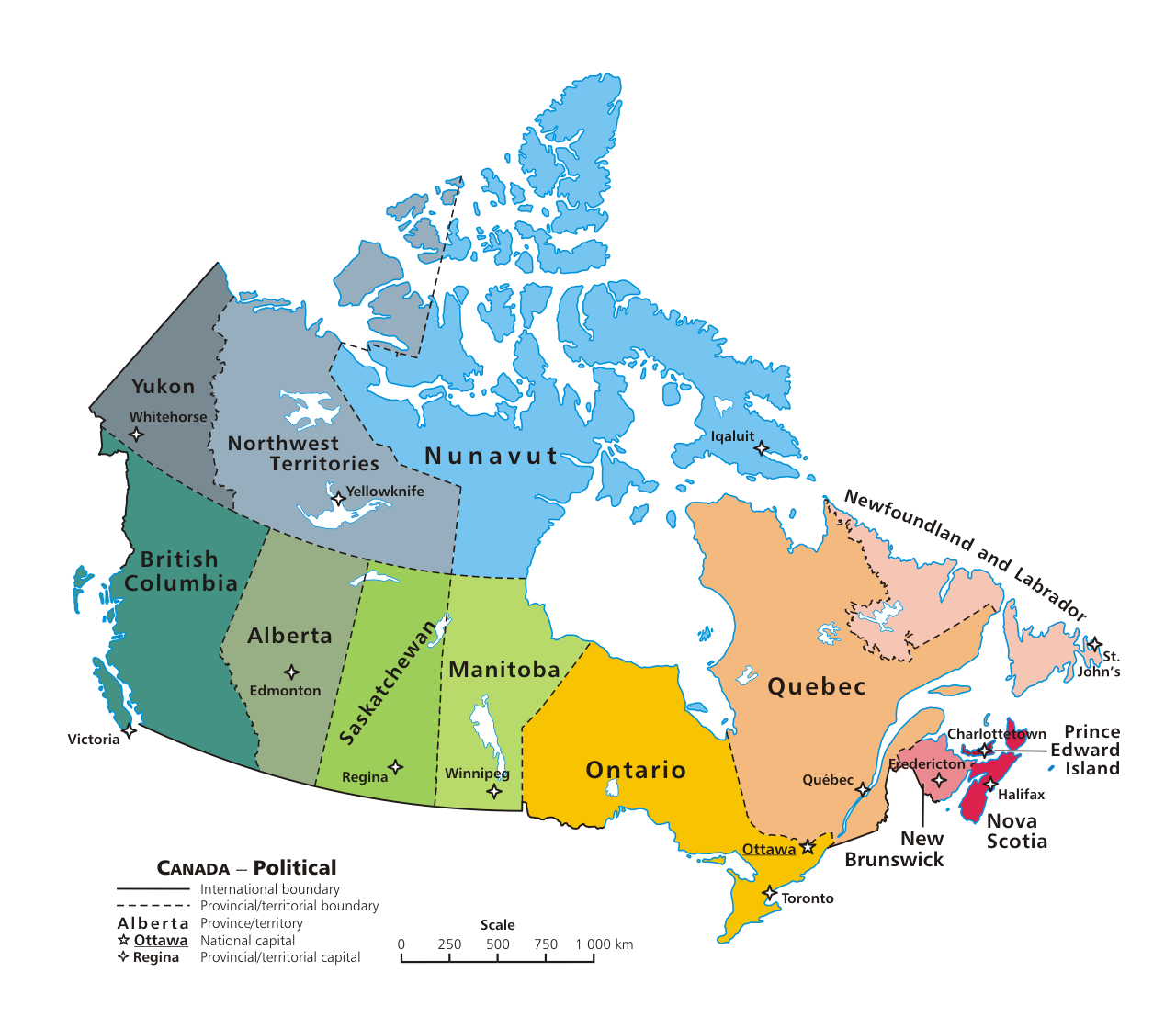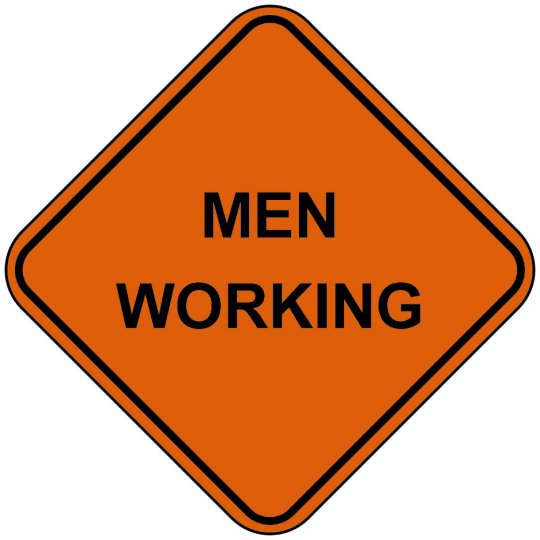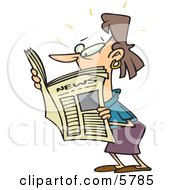March 28, 2013
Final thoughts about the ED3962 course.
I started this course thinking I already knew what Social Studies was all about. I quickly learned that it is a topic that goes so much deeper. In this course, I was able to collaborate with my colleagues, share useful resources, and gain a new perspective about what
professionalism means for teachers.
I have updated my personal teaching philosophy to include accountability and reliability - not that it was missing before, but I feel that I now have a deeper appreciation for these qualities.
I have learned about the importance of
human interaction thanks to Nayake's story, and I am able to find many more connections in my own life that I was not previously aware of.
I now feel confident to view the world through a critical eye, and I feel like I have a better grasp on the qualities that all new teachers should strive for.
I will no longer select resources to use in my classroom based on what other teachers think are "good". I understand that each resource must be relevant, applicable to outcomes, and something that can be used to motivate students instead of simply being presented to them.
I feel like I have changed from this type of teacher:
To having the potential to become this type of teacher:












